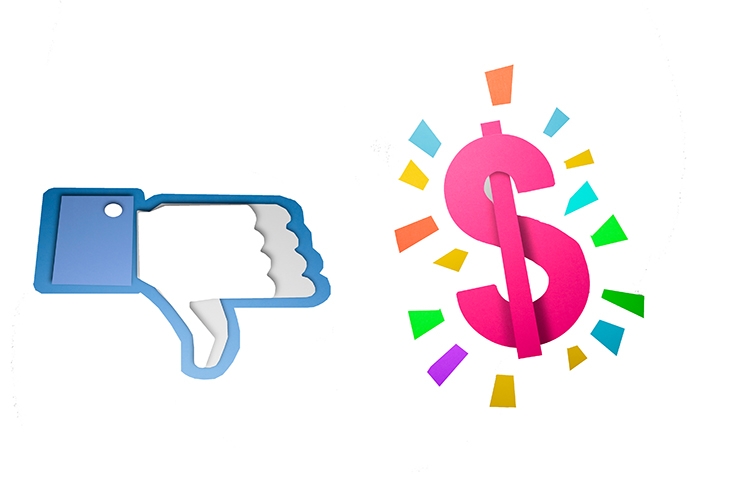Friends of former Barclays chief executive John Varley — I don’t mean ‘people who speak to the media on his behalf’, but rather people like me who have known him all our working lives and hold him in high regard — were relieved to hear he has been cleared of fraud charges relating to the bank’s 2008 capital raising from Qatar. Charges against Barclays itself were dropped last year but Varley’s co–defendants Roger Jenkins, Tom Kalaris and Richard Boath now face a retrial — so I’ll say no more for now about the Serious Fraud Office’s handling of this dossier. But it’s fair to ask, in general, how well our criminal justice system has dealt with the ramifications of the financial crisis.
The answer — at least according to the body of popular opinion, echoed by many politicians, that cries ‘lock up the bankers’ — is that it has largely failed and that the SFO, now led by former FBI prosecutor Lisa Osofsky, has repeatedly shown itself unfit for purpose. Varley was the only head of a major bank to face a jury. No one at RBS or HBoS was ever charged with a crime. Only in the matter of interest-rate rigging has the SFO nailed anyone at all: five individual traders for offences relating to Libor and four relating to Euribor.
But the truth is that popular opinion has always found it difficult to distinguish stupid decisions and delusional risk–taking from outright dishonesty. When banks behave badly, those strands are typically so inter-woven as to make it impossible to attribute individual blame, never mind (as the law asks) identify a ‘controlling mind’. In the ‘stupid’ and ‘delusional’ categories, what did most damage were strategic choices made by executives, endorsed by boards and unopposed by shareholders; but such collective folly fell short of legal definitions of criminal negligence and it was misguided to expect the law to provide remedies.
As for dishonesty, rate-rigging across global markets delivered ill-gotten gains to many participants, and guilty verdicts on a sample of them have arguably exploded the scandal — but it took a legal juggernaut several years and millions in court costs to achieve even that partial victory. Bashing the SFO, with its limited resources, vast range of potential cases and slim chance of convictions, is fruitless. US courts have jailed more banksters and extracted more fines, but I doubt we’d swap the dogged politeness of our judicial system for the ruthlessness of theirs. In the end, what matters most is whether financiers learn from their own and others’ past mistakes — and hang on to their moral compass.
Libra scepticism
As detail emerges of Facebook’s proposed digital currency, Libra, you might think it looks plausible. Control of this novelty money will reside in a ‘Swiss-based association’ whose partners include Visa, Vodafone, eBay, Uber, Spotify and 20 others, while Facebook will hold just 1 per cent of the voting power. Libra’s value will be pegged to a basket of major currencies and other assets to provide stability; blockchain technology will underpin its security; and its backers’ global reach will ensure its liquidity. Billions of users will make Libra transfers as easily as they send text messages — and will be happier in the knowledge that a vital economic mechanism will have been taken out of the hands of governments and central banks.
Oh really? Libra presents itself as an exercise in off-grid libertarian altruism, but actually looks very much like a power-grab for cash balances and personal data out of the conventional banking system. The utility of national currencies as tools of economic management is well proven and does not need to be diluted by digital freelancers. Central banks and state-appointed regulators are democratically accountable; Swiss-based associations controlled by corporate cliques are not. Yes, conventional banking can still be slow and expensive, but easy-to-use low-cost payment apps are already achieving most of what Libra promises. And since when did any project originated by Facebook founder Mark Zuckerberg and his pals have the good of the world as its prime objective? I don’t doubt that change must come to money as to everything else, but I’m a Libra-sceptic.
Trophy bagger
While Californian billionaires dabble in cryptocurrencies and space projects, the French prefer fine art and luxury brands. Step forward Patrick Drahi, a French-Israeli who made his fortune as a debt-fuelled takeover player in the European telecoms industry and (barring rival bids) has just bought Sotheby’s auction house for $3.7 billion — making him the new rival to François-Henri Pinault, who owns Christie’s as well as Gucci and Yves Saint Laurent.
In a volatile art market, Sotheby’s share price had almost halved in the past year, before Drahi’s surprise bid at a 61 per cent premium. The spin says his private collection ranges from Picasso to Delacroix and he has been quietly attending auctions since he was a teenager. I hope he fares better than the last outsider who bagged this particular trophy: Alfred Taubman, the US shopping mall tycoon who bought Sotheby’s in 1983 but ended up in jail for price-fixing.
Wayward colleague
While everyone’s telling tales of our most famously wayward former colleague, here’s a cameo of another one. In 2006 I was the speaker at the only Spectator party ever held in Istanbul. The first guest to arrive was our contributor Norman Stone, the hard–drinking historian and ‘media don’ who was then teaching at a Turkish university, and who died last week aged 78. ‘What the hell are you doing here?’ he challenged me. Meeting expat readers and talking about the global economy, I explained. ‘What the hell are you doing here?’ he repeated glassily, three or four times — before slumping to the carpet, to be carried out by waiters and thrown horizontal into a taxi.







Comments